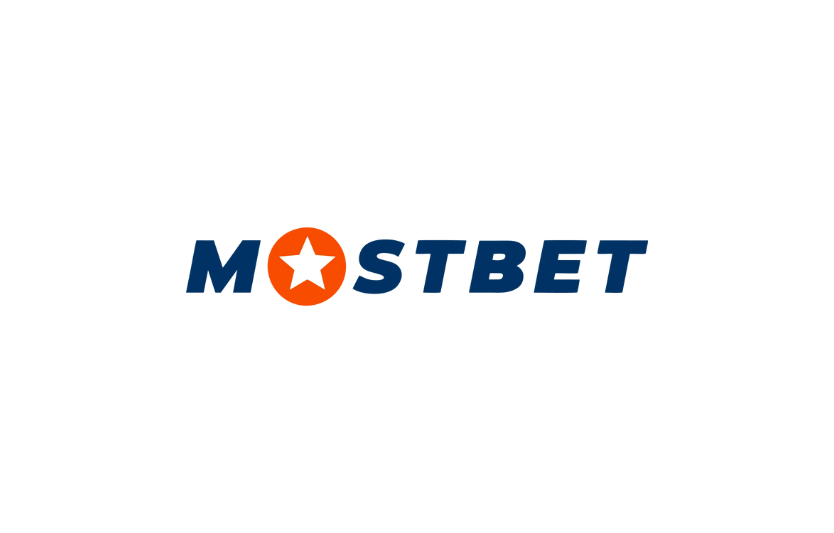
The Role of Blockchain in Modern Society
Blockchain technology has emerged as one of the most disruptive innovations of our time, extending far beyond the boundaries of cryptocurrency. Its decentralized, transparent, and secure nature offers numerous applications across various sectors. In light of its increasing importance, this article delves into The Role of Blockchain in Online Casinos: 2025 Insights mostbet kazino the multifaceted role of blockchain in driving innovation, enhancing security, and fostering trust in digital transactions.
Understanding Blockchain Technology
At its core, blockchain is a distributed ledger technology (DLT) that records transactions across many computers so that the record cannot be altered retroactively without the alteration of all subsequent blocks and the consensus of the network. Each transaction is added to a ‘block’, and blocks are linked in a ‘chain’, creating an immutable history of transactions. This technological foundation allows for higher transparency, enhanced security, and increased efficiency.
Applications of Blockchain Technology
Blockchain technology extends its utility across a myriad of sectors, from finance and supply chain management to healthcare and voting systems. Below are some of the key applications:
1. Financial Services
One of the most celebrated applications of blockchain is in the financial sector. Traditional banking systems can be cumbersome, often involving multiple intermediaries that slow down processes and increase costs. Blockchain allows for peer-to-peer transactions without intermediaries, thus reducing transaction times and fees significantly. Cryptocurrencies, such as Bitcoin and Ethereum, have popularized blockchain and offer new forms of digital currency that challenge traditional monetary systems.
2. Supply Chain Management
Blockchain technology is revolutionizing supply chain management by providing transparency and traceability. Every transaction along the supply chain can be recorded on a blockchain, allowing all parties to access information about the product’s journey. This feature helps combat counterfeit goods, ensures ethical sourcing, and enhances inventory management. By automating processes through smart contracts, companies can achieve higher efficiency and reduced costs.
3. Healthcare
In healthcare, blockchain can serve as a secure platform for storing and sharing patient records. Traditional methods of sharing medical data can be insecure, fragmented, and lack interoperability. By utilizing blockchain, patients can control their health information while ensuring privacy and security. Additionally, it can support pharmaceutical supply chains by tracking drug distribution, verifying authenticity, and reducing fraud.
4. Voting Systems
Blockchain has the potential to transform voting processes by providing a secure and tamper-proof method of collecting and counting votes. By allowing citizens to vote via a secure digital platform, blockchain can increase voter participation, decrease election fraud, and provide a transparent auditing process. This innovation can lead to greater trust in electoral outcomes.
Benefits of Blockchain Technology
The numerous advantages of blockchain technology contribute significantly to its widespread adoption. Some of the key benefits include:
1. Enhanced Security
Due to its decentralized nature and cryptographic security, blockchain is inherently secure. Each transaction must be verified by consensus among participants, making it difficult for malicious actors to tamper with data.

2. Increased Transparency
Blockchain’s public ledger allows for enhanced transparency in transactions. Every participant can verify records themselves, which fosters accountability and trust among users.
3. Reduced Costs
By eliminating intermediaries, blockchain technology significantly reduces transaction costs and processing times, benefiting businesses and consumers alike.
4. Greater Accessibility
Blockchain facilitates access to services for unbanked populations. By providing an alternative to traditional banking, people without access to banks can engage in financial transactions and benefit from economic opportunities.
Challenges Facing Blockchain Adoption
Despite its many potential benefits, the adoption of blockchain technology is not without challenges:
1. Scalability Issues
Blockchain networks can face scalability issues, particularly in terms of transaction speed and volume. As more users join the network, the system may experience slowdowns.
2. Regulatory Uncertainty
The regulatory landscape surrounding blockchain and cryptocurrencies remains unclear in many regions. Governments are grappling with how to classify and regulate blockchain technologies, leading to uncertainty for businesses looking to adopt these innovations.
3. Energy Consumption
The energy-intensive nature of some blockchain systems, particularly those based on proof-of-work algorithms, raises environmental concerns. Efforts are underway to create more energy-efficient consensus mechanisms, such as proof-of-stake.
The Future of Blockchain Technology
As blockchain technology continues to evolve, its potential applications and benefits will likely expand. Initiatives like central bank digital currencies (CBDCs) and the rise of decentralized finance (DeFi) are just the beginning. Organizations are continually exploring innovative uses of blockchain, and its integration with technologies like artificial intelligence and the Internet of Things (IoT) could lead to groundbreaking advancements.
Conclusion
In conclusion, the role of blockchain in modern society is multifaceted and continuously evolving. Its ability to enhance security, transparency, and efficiency makes it a transformative technology with significant implications across various industries. While challenges remain, the ongoing research and development in this field promise a future where blockchain technology can facilitate better systems of trust and collaboration.